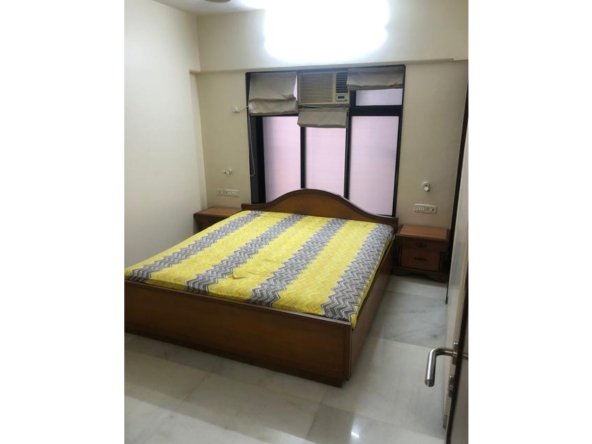Wholesaling: Wholesaling involves finding great real estate deals and passing them on to investors for a fee. While you don’t technically buy the property, you can earn money without a significant upfront investment by connecting motivated sellers with buyers.
Owner Financing: Some sellers may be willing to finance the purchase themselves. This means they act as the bank, and you make monthly payments to them instead of a traditional mortgage lender. Negotiating favorable terms with the seller can help you acquire the property with little to no money down.
Lease Option (Rent-to-Own): In a lease option, you lease the property with an option to buy it at a later date at a predetermined price. A portion of your monthly rent payments may be applied toward the purchase price. This approach allows you to control the property without a large down payment.
Seller Financing with a Subject-to Deal: In a subject-to deal, you purchase the property “subject to” the existing financing. This means you take over the seller’s mortgage payments without formally assuming the loan. Be sure to consult with a real estate attorney to navigate the legal aspects of this strategy.
Partnerships: Partnering with an investor who has the capital can be a way to buy rental property with no money down. You might bring your skills and knowledge to the partnership while your partner provides the funds.
Hard Money Lenders: While not exactly “no money down,” hard money lenders are private lenders who may be willing to finance the entire purchase price, plus some renovation costs, in exchange for a higher interest rate. These loans are typically short-term, so you’ll need to refinance or sell the property to repay the loan.
Home Equity: If you already own a property, you can tap into the equity to fund the purchase of another property. This is not technically “no money down,” but it doesn’t require additional cash out of your pocket.
Creative Financing: Get creative with your financing options. Explore avenues like crowdfunding, peer-to-peer lending, or seeking out real estate investors who are looking to partner on deals.
Government Programs: Some government programs offer assistance to first-time homebuyers or real estate investors. These programs can provide down payment assistance or low-interest loans.
Sweat Equity: If you have construction or renovation skills, you can buy a property that needs work and invest your time and labor to increase its value. This can reduce the need for upfront cash.
Remember that while these strategies can help you acquire rental property with little to no money down, they come with risks and legal complexities. It’s crucial to do thorough research, consult with legal and financial professionals, and understand the potential pitfalls associated with each approach. Real estate investing, particularly with no money down, requires careful planning and due diligence to ensure long-term success.




